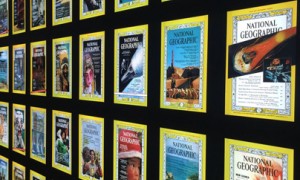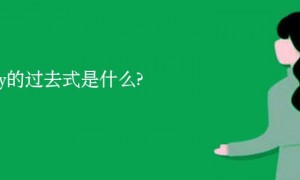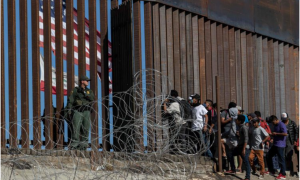story, account, chronicle, version
这组词都可用来表示对某事物的“描述”“陈述”。它们的区别是:
account表示“记事”“叙事”,多指目击者的客观描述; chronicle 表示“记事”“编年史”,指按事件发生的先后顺序所做的叙述或汇报; story 表示“描述”“说法”,常常与另外的叙述形成对照,侧重叙述是杜撰的,或有杜撰之嫌; version 表示“说法”,总是与另外的叙述形成对照,侧重两者的细节和内在关系的不同。
story, history
这两个词都可表示“过去发生过的事件”。它们的区别是:
story指可能确实发生过、也可能根本没有发生过的一些连贯性事件; 而history指发生在过去的真实事件。例如:
She told the children a story.她给孩子们讲了一个故事。
We studied history at school.我们在学校里学历史。
story, falsehood, lie
这组词共同的意思是“谎言”“撒谎”。
1.lie指有预谋地或故意地歪曲事实真相;而falsehood则指与事实不符的假话。从使用范围上讲, lie比falsehood的使用范围要广泛;就语气来说, lie的语气比falsehood强, falsehood是一种委婉语,无论是有意还是无意,确实是一些不实之词。例如:
It's all lies, don't believe him.全是谎话,别相信他。
He told a falsehood to keep from being punished.为了逃避惩罚,他说了谎话。
2.story指真实发生过的事件,也可以指书中编写或想象出来的故事,有较强的文学色彩。例如:
My children love to hear detective stories.我的孩子们喜欢听侦探故事。
He promised to tell the children a story as soon as they had got into bed.他答应孩子们一上床,就讲故事给他们听。
She wrote a story about space exploration.她写了一篇关于探索外层空间的故事。
story, account, anecdote, fable, legend, myth, tale
这组词都可表示叙事性的文字。它们的区别是:
1.account, fable, legend, myth, story, tale是一般用词; anecdote是正式用词。
2.account指对于某事的详细说明,原原本本,有头有尾,多用于报道事实; story指取悦于人的完整故事,有人物,有情节,有头有尾,可口头也可书面,可真实也可虚构,体裁上则既可为诗体,也可为散文体; anecdote指轶事趣闻,一般较短,有趣味; fable指寓言,主人公多为拟人化的动物或非生物,多为虚构,旨在说明一个道理或教训,而寓言则多在结尾处点明; legend 指民间传说或传奇故事,多含虚幻成分; myth指神话,特指与宗教或原始文明有关的故事,多以超人的力量去解释自然现象或人生; tale指故事或传说,即或有事实根据也多添枝加叶或夸张,含荒唐不可信的意味。
novel,romance,fiction,story,fable,tale
这些名词都含“小说、故事”之意。
novel指任何有情节、人物、对白的虚构长篇散文体故事。
romance系novel早期的代用词,泛指具有强烈神话和传奇色彩的故事,现指爱情故事。
fiction指部分或全部虚构的短篇、中篇、长篇小说,也指传奇故事,是小说的总称。
story指篇幅较短,常包含一系列情节或事件,口述或书写成文的故事。
fable指短小而寓有教育意义的虚构故事,故事的主人公多为拟人化的动物或非动物之类,也作传说解。
tale常可与story换用,指以事实为中心作叙述的故事,也指古代流传下来的传说故事或神话故事。










